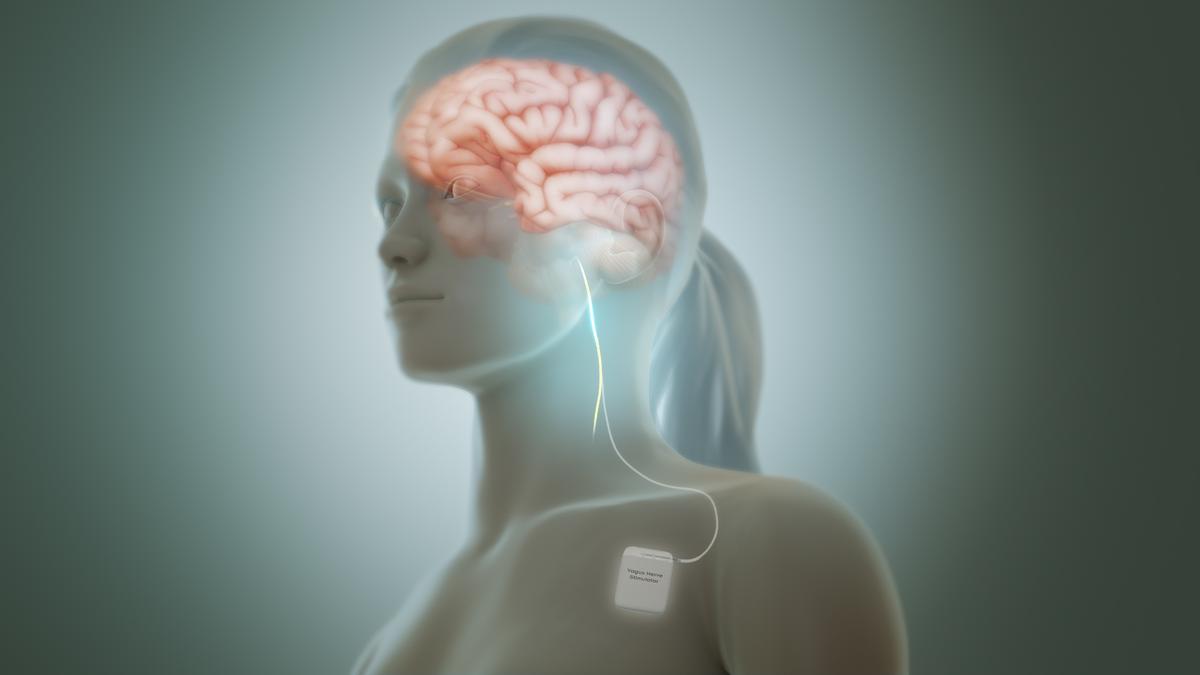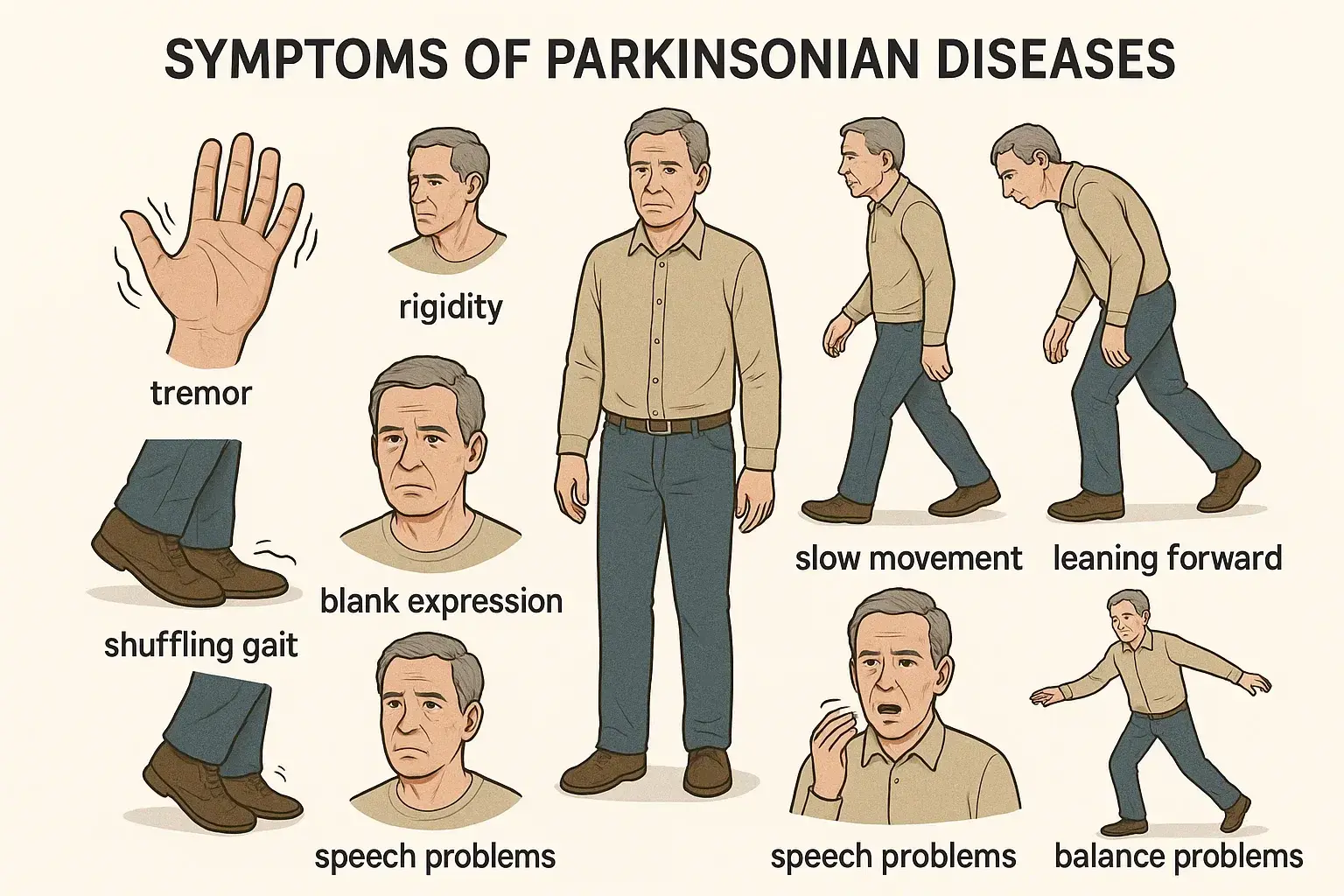



Deep Brain Stimulation (DBS) is a surgical procedure that uses electrodes to target specific areas of the brain, to help patients with neurological disorders like Parkinson's. DBS can reduce symptoms like tremors and involuntary shaking. However, its high cost and limited accessibility make it largely inaccessible to many people.

Copyright infringement not intended
Picture Courtesy: THE HINDU
Polarized Light Imaging (PLI) and catheter-based Polarization-Sensitive Optical Coherence Tomography (PS-OCT) are improving Deep Brain Stimulation (DBS) accuracy.
Neurological disorders, such as Parkinson's disease, cause daily life struggles for many people, such as walking steadily due to stiff muscles.
Medical advancements like Deep Brain Stimulation (DBS) can help patients overcome these daily struggles they face.
 What is Deep Brain Stimulation (DBS) ?
What is Deep Brain Stimulation (DBS) ? It is a surgical procedure where doctors precisely place tiny wires, called electrodes, into specific areas of the brain.
Movement Disorders => DBS is most commonly used for movement disorders when medications no longer provide enough relief.
Parkinson's Disease => Causes tremors, stiffness, slow movement, and balance problems. DBS can reduce these symptoms, allowing patients to move more freely and perform daily activities.
Essential Tremor => Causes involuntary, rhythmic shaking, in the hands, making it hard to eat, write, or drink. DBS can reduce the intensity of these tremors.
Dystonia => Causes prolonged muscle contractions, leading to twisting, repetitive movements or abnormal postures. DBS helps to relax these muscles and reduce involuntary movements.
High Cost => In India, DBS surgery cost ranges from Rs 10-20 lakh, which makes it largely inaccessible to a vast majority of the population.
Accessibility => Because of the specialized expertise and equipment required, DBS procedures are mainly available only in major urban centers and highly advanced hospitals.
Must Read Articles:
World's First Brain Implant to Control Epileptic Seizures
Source: EUREKALERT
|
PRACTICE QUESTION Q. With reference to Deep Brain Stimulation (DBS), consider the following statements: 1. DBS is a non-invasive procedure that uses external magnetic fields to modulate brain activity. 2. In India, the cost of DBS surgery is lower than in many Western countries, attracting medical tourism. Which of the above statements is/are correct? A) 1 only B) 2 only C) Both 1 and 2 D) Neither 1 nor 2 Answer: B Statement 1 is incorrect: DBS is an invasive neurosurgical procedure involving implanted electrodes, not a non-invasive procedure using external magnetic fields. Statement 2 is correct: India is known for offering DBS surgery at a lower cost compared to Western nations, making it a destination for medical tourism. |
DBS is a neurosurgical procedure that implants electrodes in the brain to send electrical impulses, regulating abnormal brain activity to treat neurological conditions.
Doctors can non-invasively program and adjust the stimulation settings to optimize symptom control and minimize side effects.
Battery life varies; non-rechargeable batteries last 3-5 years, while rechargeable ones last much longer but require regular charging.







© 2026 iasgyan. All right reserved